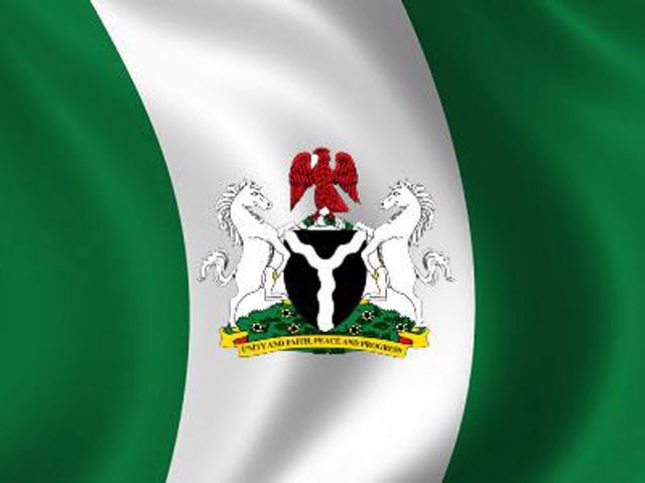Exactly two days’ time, we shall be celebrating another independence day, a day that we have always looked forward to with nostalgia; with reminisces, of hopes built and dashed, of good and bad. We remember the celebrations, the military parades and Air Force displays, the merriments and parties, the sober and the drunk, and then the expectations- usually the president uses the occasion to outline the road map of the administration and what goodies are coming the way of the people but, the goodies never come, only promises.
As we reflect on these past independence days, there is this hollow feeling, of emptiness and unfulfilled dreams and above all disappointment. Fifty five years after the nation was granted independence, the question is still been asked; what have we done with our independence? Have both our individual and national aspirations been fulfilled? Are we truly free? Are we more integrated as a people under one progressive nation? Have the dreams envisaged by our founding fathers on Independence Day, the first of October, nineteen sixty been fulfilled? Can we say that we are a truly independent country after fifty five years? At fifty five years, one is already a senior citizen in any society all over the world, at fifty five can Nigeria rub shoulders with any of the developed nations of the world? Or, can Nigeria call the bluff of such countries like the USA, Great Britain, Germany, Russia, France or even China and Japan? What will happen if the world decides to leave us alone, as they did with the Boko Haram fight under Goodluck Jonathan’s government and like they are presently doing with North Korea? Will Nigeria be able to survive on its own? These are the critical issues facing this nation at this relatively old age of fifty five years.
At what point do we say that we have achieved true independence? Whether as individuals or as a nation, you will never achieve one hundred percent independence – I will come back to this later – but you can feel and see true independence amongst nations that have attained that height; in the happiness of its citizens, the freedom to move to anywhere they want, at any time and place, in their freedom to express themselves in any way they want to – freedom of speech, culture and association. You will see true independence in the way justice is dispensed in such societies and how laws are passed and dispensed with by the legislative and judicial arms of government, you will see independence in the school systems and curricula, tailored to produce creative minds, you see independence in the abundance of food; a nation that cannot feed itself can never be independent. Developed countries always produce surplus food and give the remnants out to under developed nations as aids. In the USA for example, the percentage of the population feeding the country is less than five percent, yet every year, they record surplus. You also see independence in the number of citizens that engage in the sporting, leisure and entertainment business, when a country produces surplus, they can afford to enjoy the fruits of their labour, not the other way round. In Nigeria, we prefer to enjoy before we labour, that is why we have been unable to sustain our productive capabilities. An independent nation is also characterised by its power and might. The ability to defend your territorial boundaries without external assistance puts you in the league of the independents. A nation must have the military capabilities both in technology and human materials to put away any internal and external threats. When you run to neighbouring countries to offer you assistance in your fight against insurgents, your independence and sovereignty is compromised. An independent country must be able to give bite to their words and laws.
In summary therefore, you can say you are an independent country when you have control over your nation’s affairs both internally and externally. Although a nation cannot operate on its own without relationships with other nations, although a country is not hundred percent self sufficient, as they have to depend on others for raw materials like oil and other agricultural products; the truly independent nations make the rules and supervise the operations of the international relations. That is why America and Britain went to Iraq, Libya and the other countries. That is why Britain, France and other European countries never take their eyes off and feet from their past colonies. That is why China is presently threatening the Asian sea coastlines and others.
Can Nigeria take a significant decision without reaching out for big brothers abroad as witnessed during the last election? What has happened to our agriculture, our industries, infrastructures and our army?
When every single Nigerian can come out irrespective of tribe and say he is a citizen and be treated with respect, equity and justice, when everyone can aspire to positions without godfathers, when resources are justly allocated and government agencies located in places of comparative advantage, not for ethnic balancing, when Nigerians travel abroad with their heads held high and filled with pride as embassy staff are available at their beck and call, where there are no superior and subordinate tribal groupings and where the secularity of the Nigerian state is clearly spelt out and implemented.
When foreign countries accord respect to our citizens and receive every decision we take as an independent country without contradictions, then can we say we are an independent country.
That will be the day.
This article was originally published on Vanguard.

